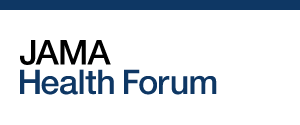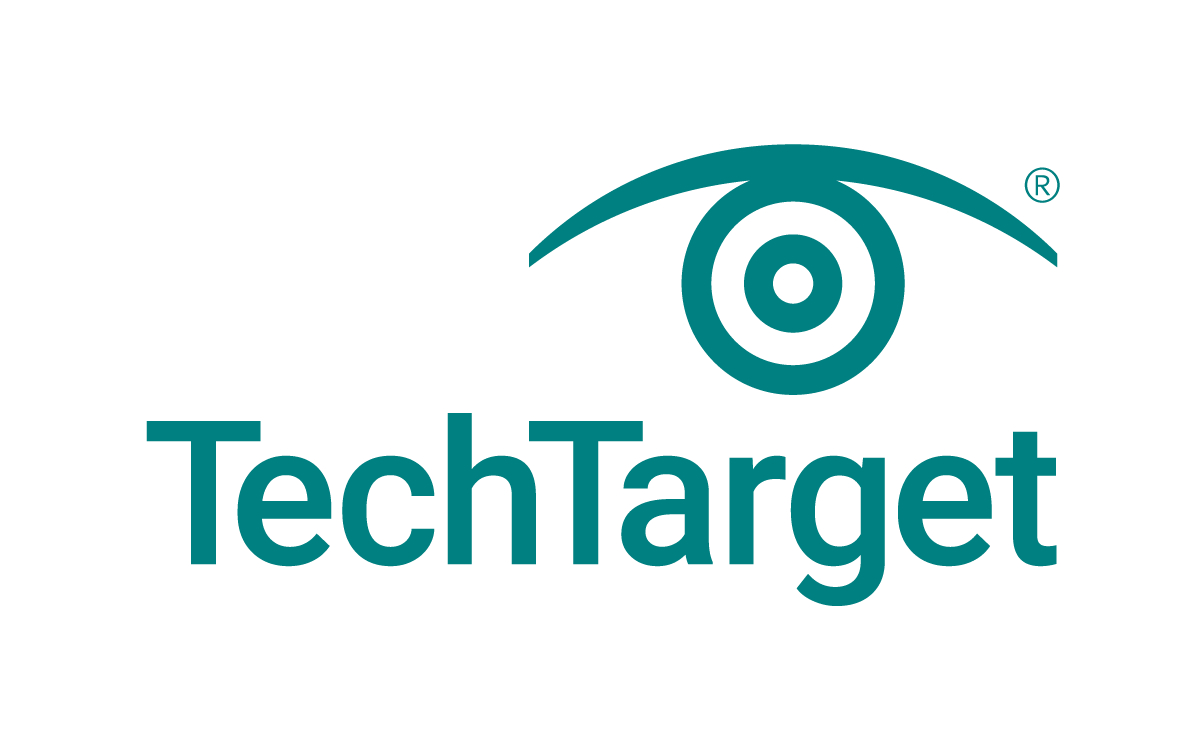Editor's Note Travel nurses and permanent staff nurses share similar perceptions of their work environments and ethical workplace climates, according to a study published in the Journal of Nursing Administration. The results challenge common assumptions about differences between these two groups and emphasize the need for nurse leaders to facilitate…

Editor's Note Wisconsin nurses—including Certified Registered Nurse Anesthetists (CRNAs)—gain more autonomy under legislation signed August 8 by Governor Tony Evers, according to an August 8 report in the Milwaukee Journal Sentinel. Under the new legislation, nurse practitioners, clinical nurse specialists, CNRAs and certified nurse-midwives who meet certain qualifications may obtain…

Editor's Note Hospitals achieved a substantial reduction in mortality risk for surgical inpatients between 2019 and 2024, even as patients grew sicker and stayed longer, according to a report released August 5 by the American Hospital Association (AHA) and Vizient. In the first quarter of 2024, hospitalized surgical patients were…

Editor's Note Medicare Advantage (MA) patients undergoing elective surgery incurred lower costs than comparable patients in traditional Medicare (TM) without higher readmission rates and with no significant difference in mortality rates, according to a study published August 1 in JAMA Health Forum. The findings suggest that MA plans reduce surgical…

Editor's Note The US Food and Drug Administration (FDA) is requiring safety labeling changes for all opioid pain medications to better emphasize and explain the risks associated with long-term use, according to a July 31 announcement. These changes follow a May advisory committee meeting where the agency reviewed data on…
Editor's Note A recent article in AORN Journal underscores the need for vigilance and thorough documentation to manage postoperative mental status changes and prevent harm to both patients and staff. As detailed in the article, cognitive disturbances such as delirium and agitation can complicate recovery after surgery. Delirium is characterized…

Editor's Note The US Food and Drug Administration (FDA) issued early alerts August 6 for three medical devices due to safety concerns: Medline ReNewal’s reprocessed St. Jude Medical electrophysiology catheters, Boston Scientific’s ENDOTAK RELIANCE defibrillation leads with ePTFE-coated coils, and Boston Scientific's WATCHMAN Access Systems. The Medline alert involves specific lots…

For an ambulatory surgery center (ASC), earning accreditation can be more than a mark of excellence. The Accreditation Association for Ambulatory Health Care (AAAHC) offers Medicare Deemed Status Accreditation, eliminating the need for separate surveys to certify compliance with the Conditions of Participation (CoPs) required by the Centers for Medicare…

Editor’s Note: This page is a companion piece to the main article, How ASCs ace the AAAHC accreditation survey. The posts below cover the latest version of the handbook from the Accreditation Association for Ambulatory Health Care (AAAHC) and advice on delineation of privileges. Navigating the new handbook The latest…

Editor's Note Nearly half of hospital harm events—particularly surgical events—were not captured by reporting systems, according to a July 30 TechTarget report on new findings from the Office of Inspector General (OIG). The OIG report examined 299 harm events experienced by a nationally representative sample of 770 Medicare patients discharged…